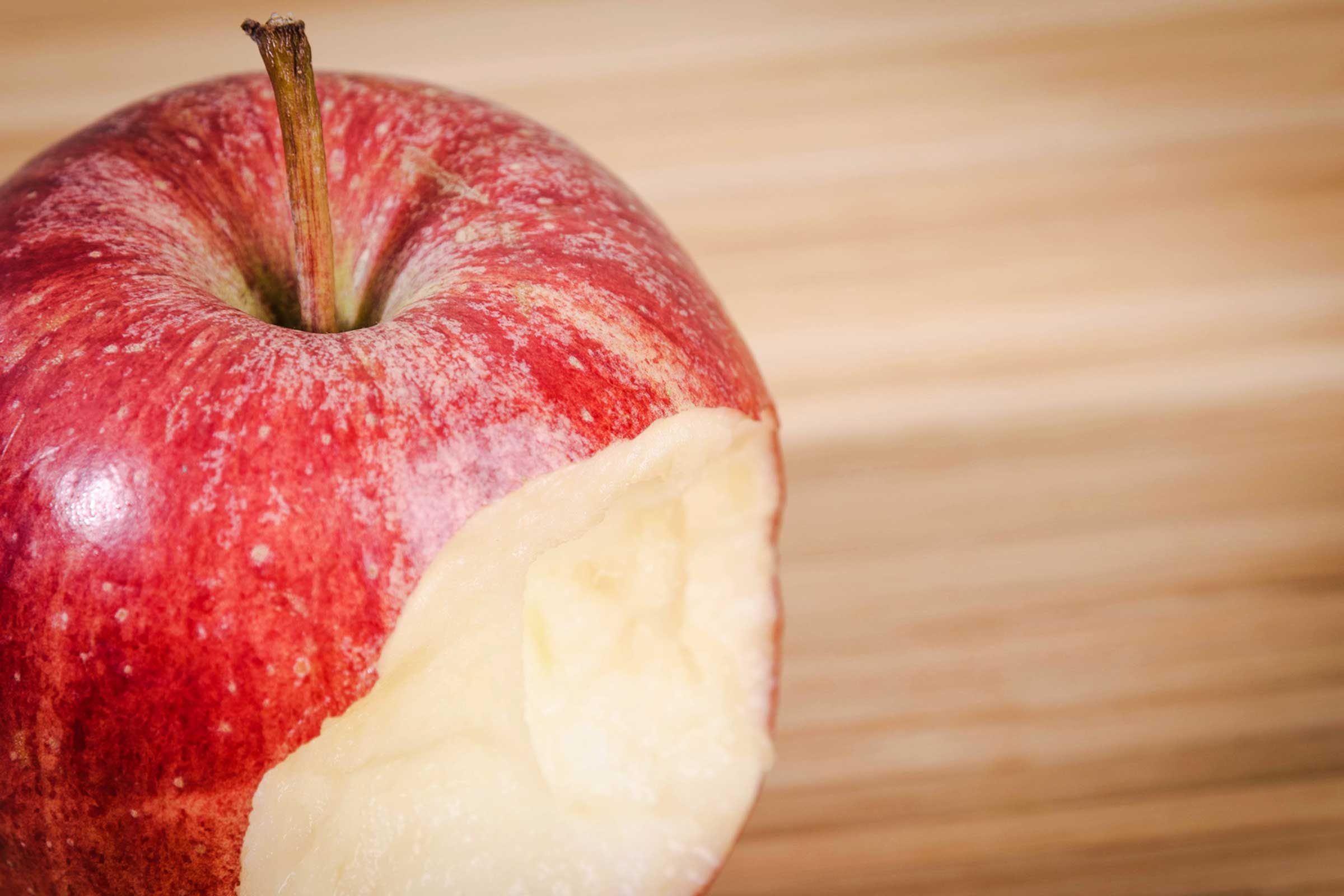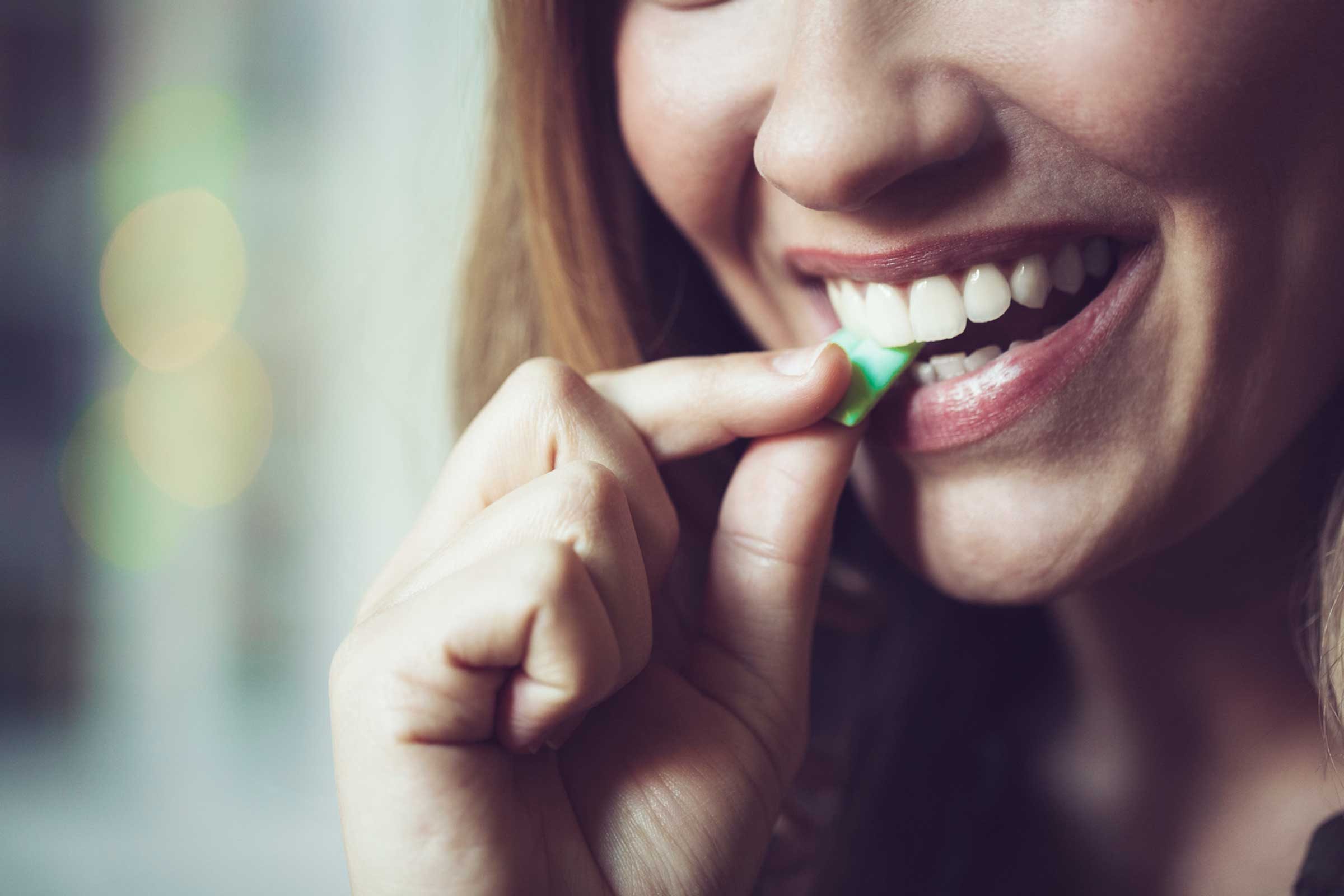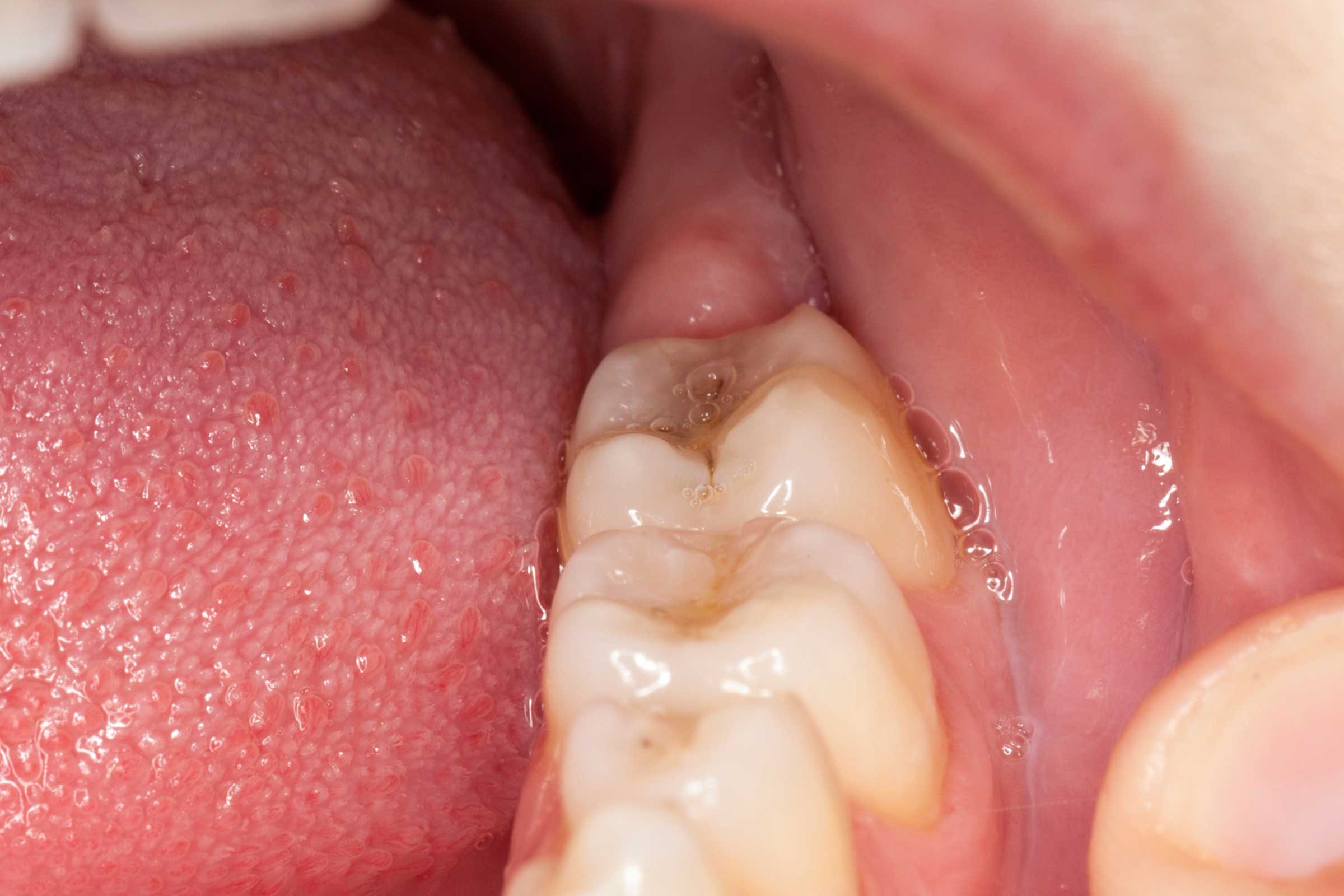How to Tell If You Have a Cavity: 9 Symptoms You Shouldn’t Ignore Lianna Roth Hursh ( courtecy;- reader's digest )
- লিঙ্ক পান
- X
- ইমেল
- অন্যান্য অ্যাপ
How to Tell If You Have a Cavity: 9 Symptoms You Shouldn’t Ignore
Cavities are the second-most common health problem in the country, with over 3 million cases per year. You may not experience pain at all when a cavity first develops. However, you can experience the following cavity symptoms as it grows.
Persistent toothache and pain
 iStock/champja
iStock/champja
How can you tell if you have a cavity? A toothache or severe pain often signal developing cavity symptoms, especially when the damaged tooth comes into contact with something. “Pain is often a symptom, and pain can be in the gums below the tooth or the tooth itself,” explains Eric Klein, DDM. “Sometimes you have a sharp, acute pain or it may be a dull, throbbing pain, and both are signs of a cavity.”
Pain when chewing on food
 iStock/StockImages_AT
iStock/StockImages_AT
“If you start chewing on any food and something hurts, it could be because the tooth has a crack in it or because the tooth has a cavity,” says Dr. Klein. If you feel a sharp, sudden pain after biting into an apple or chewing on food, the nerve in your tooth may be infected and in the process of decaying. Touching the afflicted area can help you gauge the severity of your pain and decide whether or not the tooth needs to be evaluated. If you can’t touch your tooth without shuddering in pain, schedule an appointment with your dentist to have the tooth examined. Here are some home remedies for toothaches you can try until you can get to a dentist.
Bad breath or a bad taste in the mouth
 iStock/Eva Katalin Kondoros
iStock/Eva Katalin Kondoros
Cavities are essentially small, infected holes that develop in teeth, making them a perfect breeding ground for food particles and bacteria. “A cavity is caused by acid and sugar breaking a hole in the enamel, and then bacteria can get in that hole,” explains Dr. Klein. “Bacteria can cause odor and a bad taste in the mouth.” Bad breath may also be a warning sign of gum disease, caused by a buildup on plaque on teeth that irritates the gums. If you notice persistent bad breath or a bad taste in your mouth, contact a dentist to further evaluate the bacteria’s source. These are other likely reasons you could have bad breath.
Increased sensitivity to temperature
 iStock/Robert Ingelhart
iStock/Robert Ingelhart
If you’re among the 80 percent of people above the age of 17 who’ve had at least one cavity, you may have experienced a strange sensitivity to temperature in the infected tooth. Another way to tell if you have a cavity? You might have extreme sensitivity to hot or cold liquids and foods, making eating or drinking unpleasant and painful. “Every tooth has a nerve inside of it, and it also has blood supply to help the tooth grow and function,” says Dr. Klein. “When a cavity gets larger and closer to that nerve, it can sense the change in temperature easier.” Here’s how to tell if your cavity symptoms are actually signs you’re headed for a dental emergency.
Visible holes in teeth
 iStock/101cats
iStock/101cats
Cavities occur when there is a buildup of bacteria in the mouth, often due to poor oral hygiene. In a healthy mouth, bacteria, food pieces, and saliva accumulate to form plaque. Plaque, the sticky, white substance that accumulates on teeth, is completely normal unless it stays on the teeth for several days. When plaque stays on teeth, it starts to harden and becomes tartar, which turns sugar into acid. Tarter, combined with bacteria, start to work their way through the core of your teeth, eventually creating a cavity. This breakdown causes physical and visible cavity symptoms that make them relatively easy to spot. If you’re experiencing a toothache or discomfort in a specific tooth when eating, check for evident holes or in the sensitive area and visit a dentist to fill the cavity.
Dark spots on the teeth and/or discoloration
 iStock/BackyardProduction
iStock/BackyardProduction
While some cavities appear on the surface as abscesses or holes, others look more like spots or stains on the surface of the infected tooth. Black, brown, or white spots on teeth are often signs of tooth decay, though they can also be natural stains. If a spot is soft or sticky, it is likely a symptom of a growing cavity. In some cases, cavities may cause the entire tooth to darken and increase its likelihood to chip. If you notice spots or discoloration in your teeth, visit a dentist to have the stains evaluated. Follow these oral hygiene tips for white, healthy teeth.
Bleeding when brushing
 iStock/InnerVisionPRO
iStock/InnerVisionPRO
Cavities can cause bleeding when brushing due to gum irritation from the damaged nerve. Recurrent bleeding may be a sign of gum disorder or a symptom of a deep cavity. “If you have a big cavity at the gum line, you might catch food in the cavity and that can cause a gum issue,” explains Dr. Klein. “If you have a really big cavity, you can have blood that comes from the tooth.” Also, make sure you avoid these common toothbrushing mistakes.
Swelling in certain parts of the gums
 iStock/Ridofranz
iStock/Ridofranz
Sometimes, swelling of the gums are how to tell if you have a cavity, though the swelling may not necessarily be painful. “If you have a really deep cavity, it makes the nerve sick or die, and that causes an infection in a nerve that causes swelling,” says Dr. Klein. “Some people feel swelling and it doesn’t even hurt, but that’s caused from the infection.” Contact your dentist if you notice swelling in a specific area of the gums as this may be a sign of a cavity or gum infection.
Pain due to changes in pressure
 iStock/g-stockstudio
iStock/g-stockstudio
If you’ve ever experienced a toothache when taking off on an airplane or deep-water scuba diving, it’s likely due to a developing cavity. Changes in air pressure can irritate the nerve within an infected tooth, causing dull or severe pain and discomfort. If you feel an unfamiliar pain in these types of situations, have a dentist examine the tooth to catch the cavity before it grows. Filling a cavity during its early stages will prevent the decay from growing and lessen cavity symptoms. Next, check out these everyday mistakes that can ruin your teeth.
- লিঙ্ক পান
- X
- ইমেল
- অন্যান্য অ্যাপ
মন্তব্যসমূহ
একটি মন্তব্য পোস্ট করুন